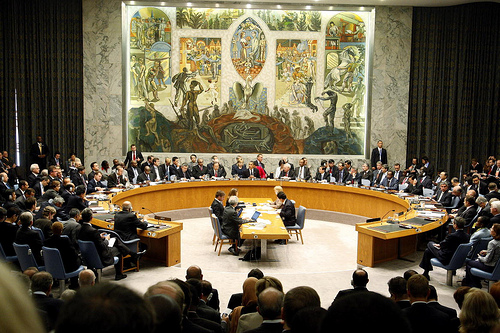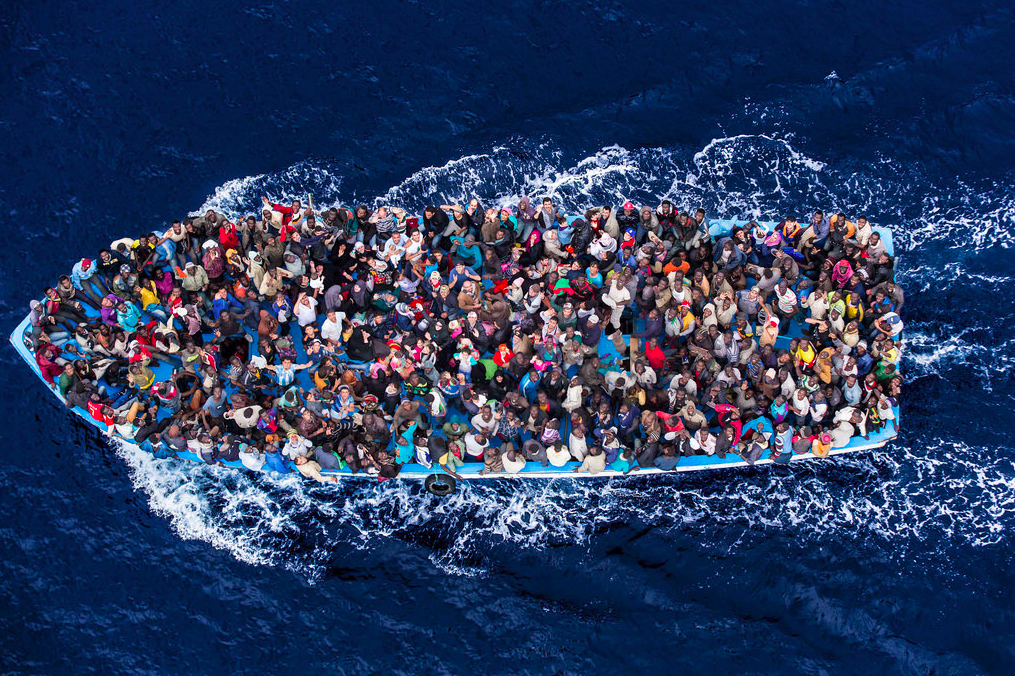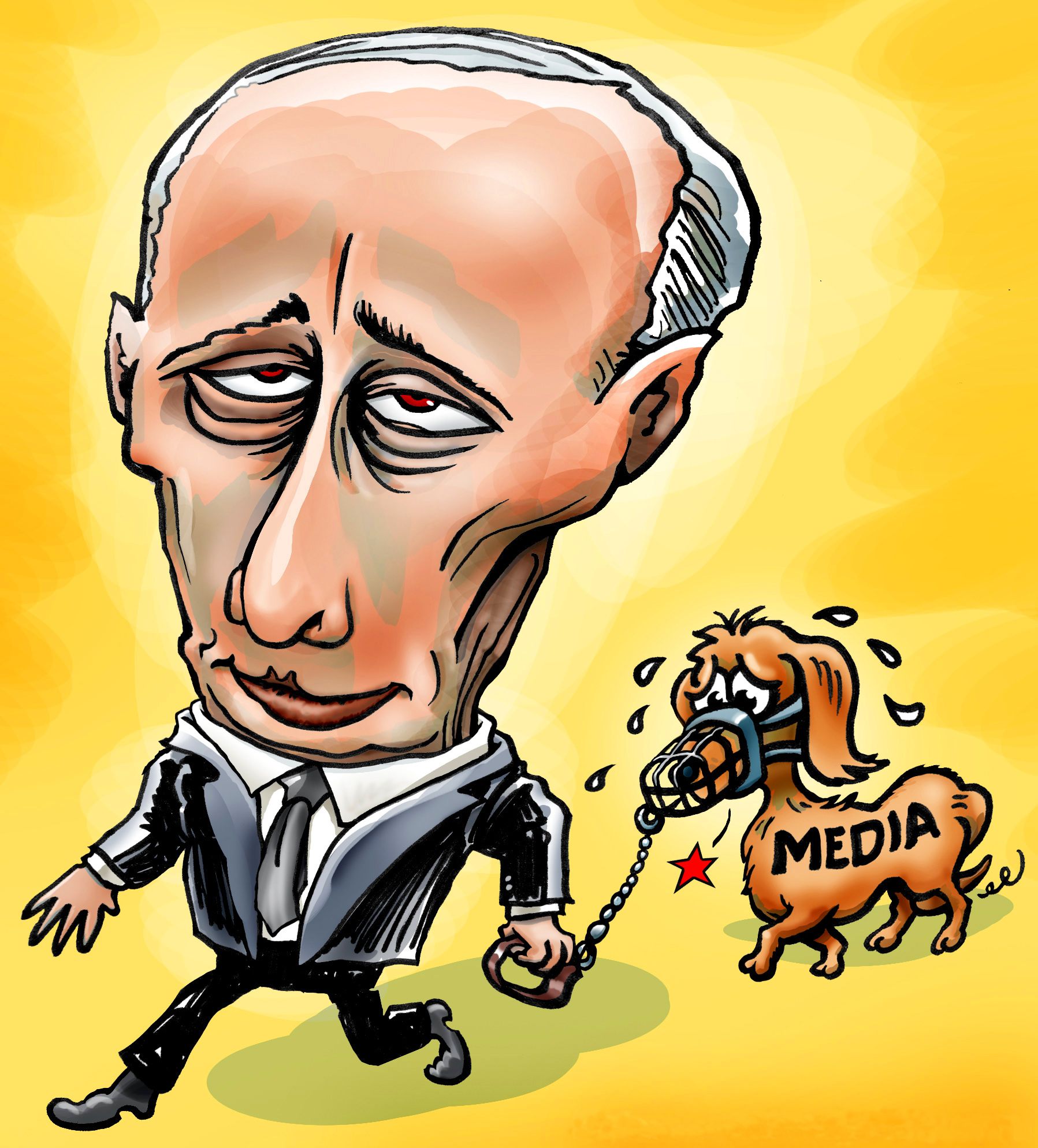During the 1990s, following civil wars that devastated Rwanda, Bosnia and West Africa, concern over the negative impact of war on women swept through the NGO community. As a result, intensified NGO lobbying and timely action of members of the United Nations Security Council (UNSC), most notably Netumbo Nandi-Ndaitwah (Namibia) and Anwarul Chowdhury (Bangladesh), led to the submission and subsequent adoption of Landmark resolution 1325 on Women, Peace and Security (WPS) on October 31, 2000. This coming October marks the 15th anniversary of the resolution, but to our dismay the UNSC is still far from achieving its goals in a manner that corresponds with the true needs and capabilities of women in conflict-ridden regions.
Resolution 1325 sheds light on how war has different impacts on women than on men. It specifically emphasizes the participation of women “at all levels of peace and security governance including prevention and resolution, peacekeeping and peace building”; the protection of women and girls from sexual and gender-based violence in “conflict and post-conflict settings”; the prevention of violence against women through endorsing “gender equality, accountability and justice”; and integrating a “gendered lens” to Relief and Recovery efforts.
and gender-based violence in “conflict and post-conflict settings”; the prevention of violence against women through endorsing “gender equality, accountability and justice”; and integrating a “gendered lens” to Relief and Recovery efforts.
Having monitored Security Council’s 2013/2014 sessions, the NGO Working Group on Women, Peace and Security (NGOWG), the very same organization that forcefully lobbied for resolution 1325 in the 1990s, released a brief outlining trends it detected in the council with regards to that resolution. The brief, titled Mapping Women, Peace and Security in the UN Security Council: 2013-14 (MWPS), found that the council made some drastic improvements in integrating women into peace and security processes in specific “country situations and within several thematic agenda items”. Nevertheless, the brief identified a general “inconsistency in the Council’s discussion of gender”. This inconsistency, the brief states, is apparent throughout all phases of the Council’s procedure, beginning with the initial information provided to the Council by the UN system to the discussion based on that information and the proposed action and implementation of agenda items.
Initially, MWPS found that the agenda regarding women’s incorporation into conflict settings was not “truly internalized”. This was demonstrated through a lack of debate on women in countries during crisis, despite the inclusion of such discussion in those very same countries in the absence of conflict. “When addressing a crisis…” the brief states, “discussions in the Council become blind to gender” but return to gendered dialogue “only when the focus shifts towards peace building”. This expresses the Council’s disproportionate view of women’s roles in conflict as opposed to post-conflict situations, ultimately conveying the Council’s belief (be it tacit or explicit) that women’s role should be restricted solely to post-conflict situations.
Similarly, the brief discusses the implementation of the participation aspects of the WPS agenda. It concluded that the Council had utilized an all-encompassing method in Afghanistan, Libya, Sierra Leone and Cote d’Ivoire by highlighting the “need for women’s participation in peace processes, conflict prevention and peace building,” and still maintaining the necessity of “protecting and promoting women’s rights and preventing…sexual or gender based violence”. However, these particular country situations were the only exemplary instances of a “balanced approach to the implementation” of the WPS programme, displaying a serious lack of commitment to the imperative role of women in every stage of conflicts everywhere.
“This lack of resource allocation, alone, is a clear indication of the Council’s insufficient commitment to the WPS agenda.”
Furthermore, MWPS found that engagement with local civil society organizations, an increasingly essential aspect of conflict settings, was also approached in a manner considered to be “gender-blind”. Establishing connections with local women’s organizations is “not referenced or identified as a priority…and women’s rights defenders are increasingly targeted, and their rights impinged upon” with negligible acknowledgment from the Council of the importance of maintaining functioning protective measures. In addition, the brief contends that the Council must fortify its operational mechanism by employing all its resources, including “commission of inquiry, sanctions and cooperation with regional organizations,” to endorse women’s participation in decision-making, their protection in conflicts, and their crucial contributions to conflict prevention.
Each of the trends identified above by MWPS cannot be addressed without proper financial backing or an appropriate commitment of human resources. Therefore, the Council’s disproportionate commitment to the WPS agenda with regards to policy language and resource allocation is perhaps the most central of the brief’s findings. While it identified that “the Council strengthened the language in several mandates,” the brief also found that “commensurate resources, both human and financial” were not provided in proportion with the strength of policy language. This lack of resource allocation, alone, is a clear indication of the Council’s insufficient commitment to the WPS agenda, as it drastically diminishes the capabilities available to address women’s role in peace and conflict situations.
In the second part of this installment, solutions proposed by MWPS to the UNSC as well as steps taken by NATO to propel the WPS agenda in its structure and operations will be discussed.




